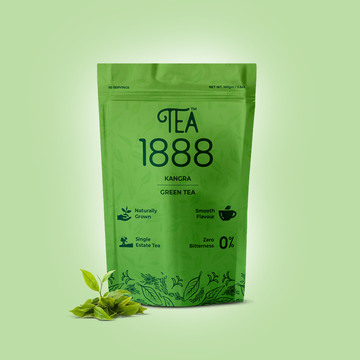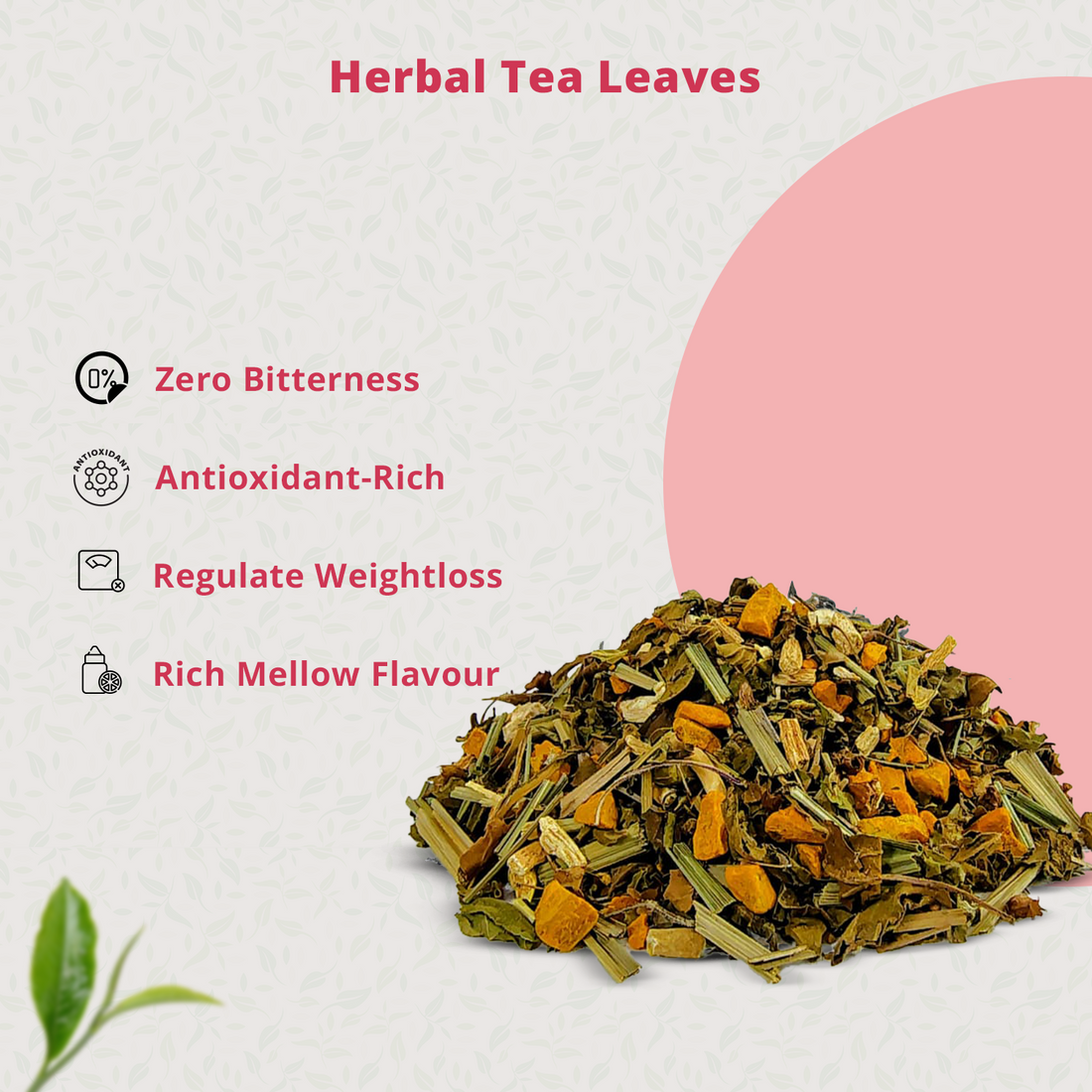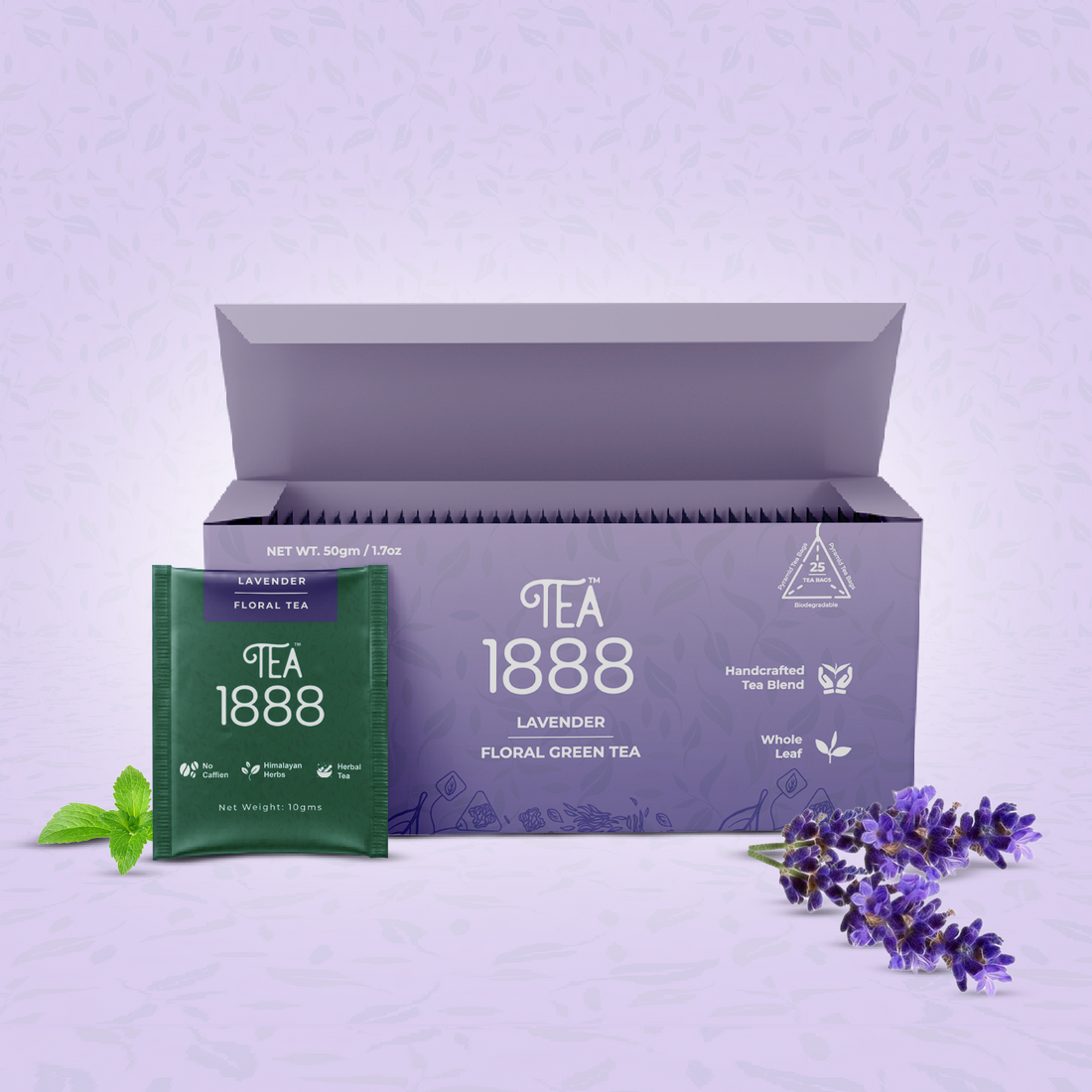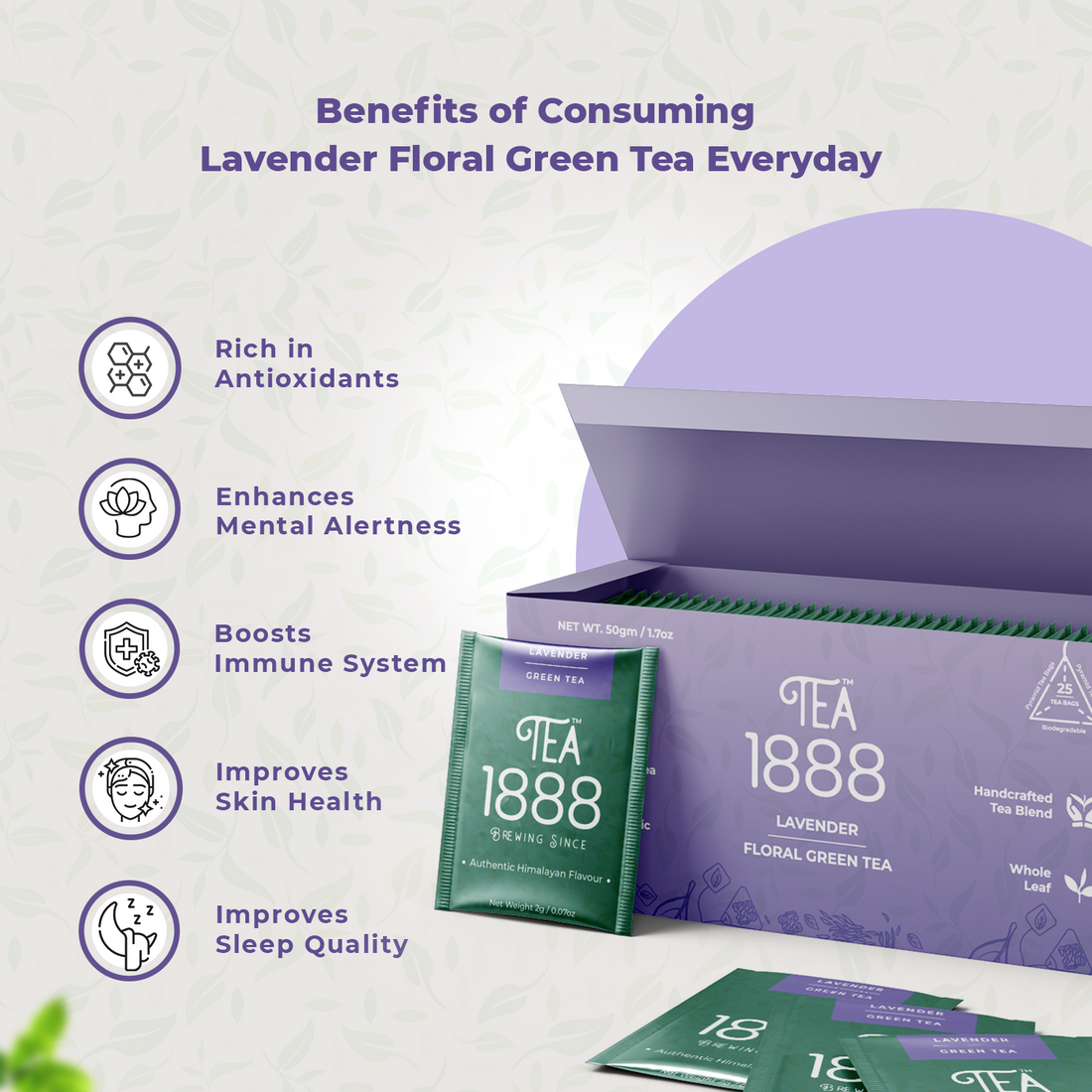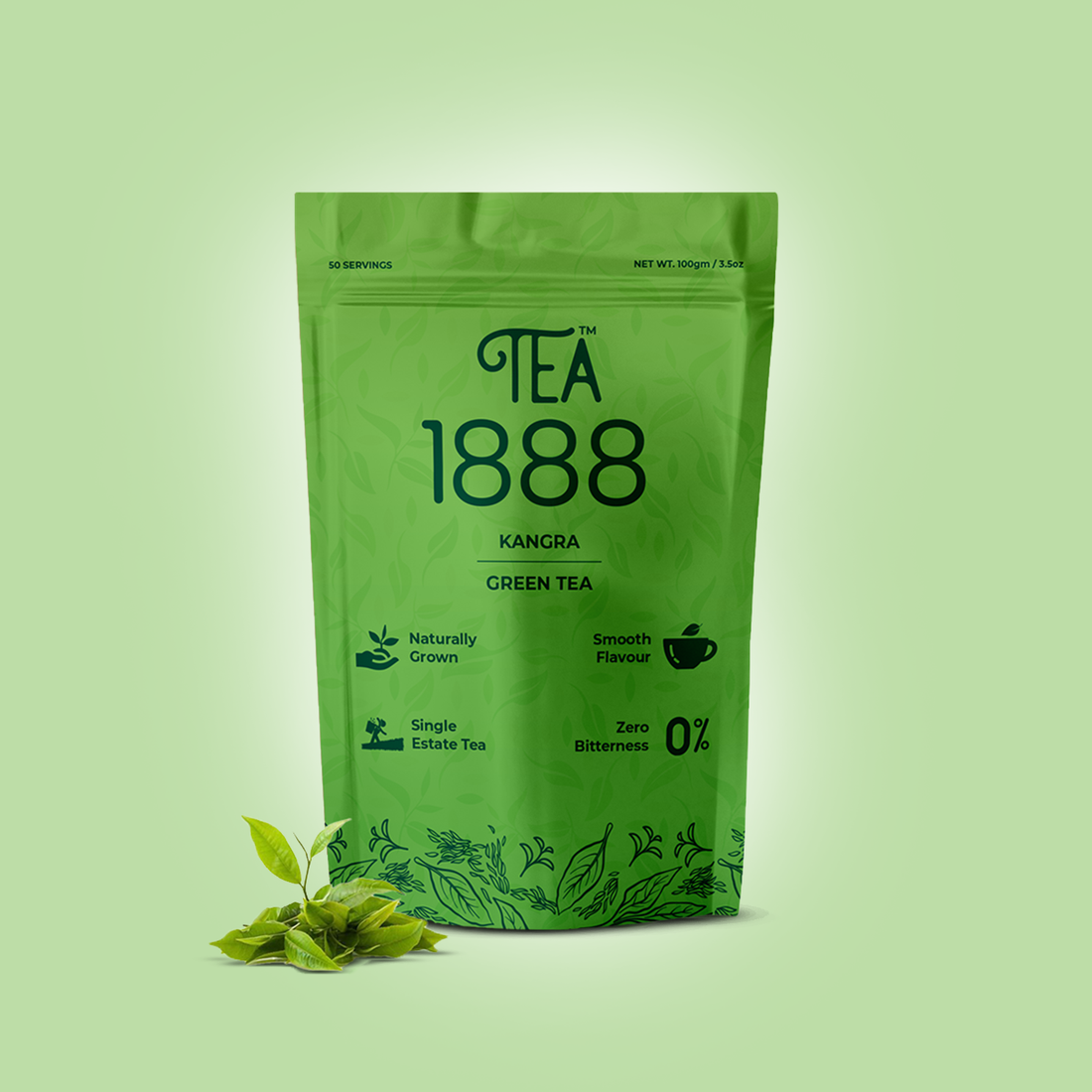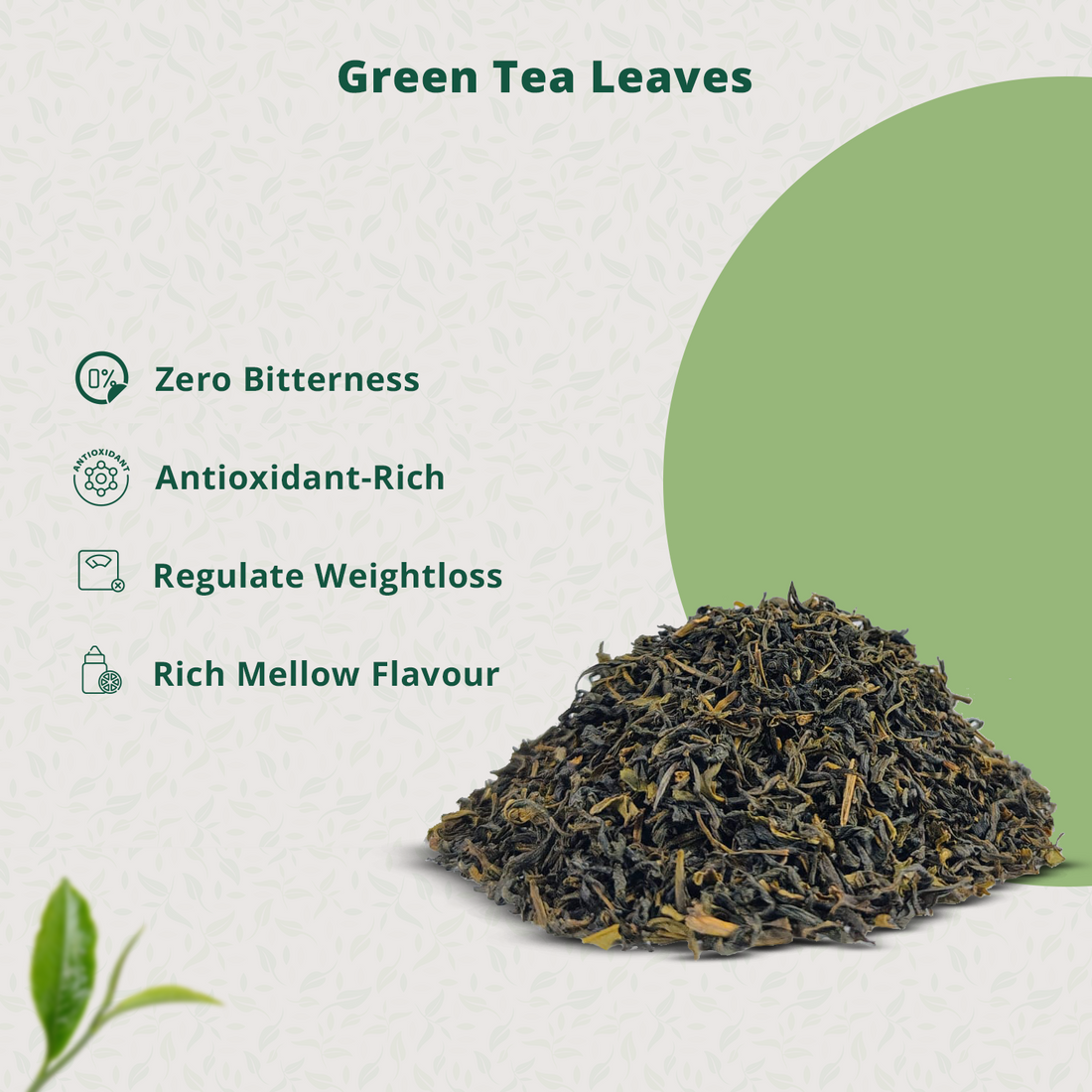Lavender tea's benefits go way beyond the reach and influence of its pleasant aroma and taste. These benefits offer proven solutions to common health issues. Around 70 million Americans can't get proper sleep. Depression and anxiety rates keep climbing among older adults across the globe. This gentle purple flower might be the natural relief you need.
Science backs up what traditional medicine has known about lavender for centuries. Studies show that lavender's compounds activate specific areas in the brain. These compounds influence neural transmission to improve mood and create calming effects. A detailed review of 65 randomised controlled trials with nearly 8,000 participants proved that breathing in lavender substantially reduced anxiety levels.
You can enjoy these benefits in a warm, soothing cup of lavender tea that builds on age-old wellness traditions. The tea helps you sleep better and eases nervous tension. It's no wonder lavender tea stands out as one of nature's most powerful botanical remedies to tackle modern life's challenges.
Why people turn to tea for anxiety and sleep
People have increasingly turned to natural solutions to manage everyday health challenges in recent years. Their preferences now lean toward gentle, time-tested remedies rather than conventional approaches that might cause unwanted side effects
The rise of natural remedies
Herbal remedies have seen a remarkable surge in interest worldwide. Studies show that 60-80% of the global population now uses medicinal herbs to meet various healthcare needs. This return to nature goes beyond mere trends and finds its roots in both tradition and modern science.
Herbal teas have remained central to wellness practises in traditional Chinese medicine for centuries. People with disrupted sleep patterns have benefited greatly from these ancient solutions. Modern science has revealed the mechanisms behind their effectiveness.

Scientists found that there was a clear connection between many herbal remedies and their sedative effects through neurotransmitter interactions in the brain. The bedtime tea ritual carries a powerful behavioural component. A registered dietitian explains that "Behavioural changes really do help get your head in the right place so you can anticipate going to sleep". Many people find this blend of biochemical effects and mindful ritual appealing as an all-encompassing approach to wellness.
How lavender compares to other calming teas
Lavender stands out among calming teas for several compelling reasons. Chamomile's flavonoids interact with benzodiazepine receptors. Green tea contains L-theanine that promotes relaxation. Lavender, however, brings its own unique benefits to the table.
People who drink lavender tea "feel more relaxed and fatigued at the end of the night". The tea helps you sleep better and "decreases depression and anxiety." This makes it valuable especially when racing thoughts keep you awake at night. Linalool and other natural chemicals set lavender apart by effectively lowering stress levels and relaxing the nervous system.
The tea boosts GABA production, which quiets racing thoughts and leads to deeper sleep. Lavender's "generally recognised as safe" status from the U.S. Food and Drug Administration gives it an edge over other herbal options that might carry more warnings. Heritage brands that have been around for generations offer artisanal selections with authentic, high-quality lavender. These provide the most reliable way to experience these benefits fully.
What makes lavender tea effective?
Modern research has backed up what people have known for centuries about lavender tea's amazing effects. The secret lies in its unique biochemical makeup.

Key compounds: linalool and linalyl acetate
Linalool and linalyl acetate are the two main compounds that make lavender work. These natural monoterpenes make up over 90% of lavender's volatile organic compounds. The best quality lavender contains 20-45% linalool and 25-47% linalyl acetate.
Higher concentrations of these beneficial components mark the finest varieties. Your body absorbs these compounds quickly when you drink lavender tea. Blood tests show these compounds just 19 minutes after drinking. That's why you might feel lavender tea's calming effects faster than other natural remedies.
How lavender interacts with the nervous system
Lavender's effects on your brain are complex yet powerful. Linalool works with your central nervous system's aminobutyric acid receptors to create a calming effect. It binds to glutamate, a key excitatory neurotransmitter, which helps quiet overactive neural pathways.
The plant shows its power by interacting with N-methyl-d-aspartate receptors (NMDA-receptors) and blocking serotonin transporters (SERT). These mechanisms match those of some anti-anxiety medications. Lavender tea compounds also trigger your limbic system to release neurotransmitters like encephalin, endorphin, noradrenaline, and serotonin.
Scientific studies on lavender and GABA activity
Research shows that lavender calms you down mostly through its effect on GABA activity. Scientists have found that lavender modulates GABAergic neurotransmission, especially on GABAA receptors, which boosts the nervous system's inhibitory tone. This GABA boost creates lavender's sleep-inducing and anticonvulsant properties.
The results speak for themselves - a clinical trial showed that 72% of people who inhaled lavender oil slept well, while only 11% in the control group did. Small-batch tea producers who carefully source their lavender create products with the perfect amount of these beneficial compounds. Each cup gives you the full range of lavender tea's benefits.
8 proven benefits of lavender tea
Research shows this beautiful purple flower provides many health benefits beyond its pleasant taste. Here's what science tells us about lavender tea's amazing benefits:
1. Promotes deeper, restful sleep
Studies show lavender tea helps elderly patients with sleep issues sleep better. Research found that taking 2g of lavender tea twice daily led to better sleep quality scores than lower doses. The scent works with the limbic system and releases neurotransmitters that control emotions and sleep patterns.
2. Eases anxiety and nervous tension
Clinical trials show lavender works well to reduce anxiety symptoms (Hedges' ĝ = −0.72). Its natural compounds, especially linalool, lower stress levels by changing the brain's fight-or-flight response.
3. May help with mild depression
Elderly adults who took 2g of lavender tea twice daily for two weeks had lower depression scores (16.33 ± 1.49) than control groups (18.33 ± 1.84). Lavender affects neurotransmitter pathways to create this effect.
4. Reduces inflammation in the body
Lavender has strong anti-inflammatory compounds like linalool and linalyl acetate. Studies show lavender picked at the start of the flowering season helps block pro-inflammatory cytokines and can ease various inflammatory conditions.

5. Supports healthy digestion
6. May relieve menstrual discomfort
7. Lavender tea benefits for skin health
8. May support hair strength and shine
How to safely enjoy lavender tea every day
You need to pay attention to timing, dosage, and quality to get the most out of your daily lavender tea routine. The right knowledge will help you add this calming drink to your lifestyle safely.
Best times to drink it
The right timing of your lavender tea can help you get specific benefits. Your best bet for better sleep is to drink a cup 30-60 minutes before bed. This gives the calming compounds time to work. The tea has no caffeine, which makes it perfect to drink at night without messing up your sleep.
All the same, drinking it during the day has its perks too. A morning cup helps keep anxiety in check throughout busy days. An afternoon cup can help you relax before stressful events. The tea's antispasmodic properties work best to ease menstrual cramps at the time you feel discomfort.
How much is too much?
Experts say you should stick to 2-3 cups daily. This amount gives you the benefits without side effects. Going over this limit might cause headaches, constipation, or make you hungrier. A perfect cup needs one teaspoon of dried lavender buds steeped in hot water for 3-5 minutes. This creates a balanced brew that keeps the good compounds without getting bitter.
Ready to unwind naturally? Try our premium Lavender Herbal Tea — handpicked for purity and calming power. Shop Now and experience the serenity in every sip.
Who should avoid lavender tea?
Lavender tea might be gentle, but it's not right for everyone. Be careful if you:
- Are under 12 years old
- Are you pregnant or breastfeeding
- Have gastritis or gastric ulcers
- Take central nervous system medications
- Keep taking alcohol
- Have scheduled surgery (stop drinking it at least 2 weeks before)
On top of that, lavender can interact with blood-thinning medications and cholesterol-lowering drugs. The tea can make you drowsy, so don't drive or operate machinery after drinking it.
Tips for buying high-quality lavender tea
Look for culinary-grade lavender that's grown specifically to eat. This will give a tea that's free from pesticides and chemicals often found in decorative lavender. Your best choice is products made from Lavandula angustifolia - this variety has the best levels of beneficial compounds.
Fresh buds pack more flavour and aroma than dried ones, giving you an unmatched experience. Heritage-crafted teas from 100-year-old traditions give you the best quality and most reliable therapeutic effects.
Conclusion
Final thoughts on lavender tea benefits
Lavender tea has earned its place as nature's gentle healer. This remarkable purple flower has provided relief for common ailments throughout history. Modern science now validates what traditional wisdom has known all along - the potent compounds in lavender, especially linalool and linalyl acetate, interact with your nervous system to create genuine calm and promote better sleep.
This powerful tea is readily available as a daily wellness practise. You can safely drink 2-3 cups during your day. The timing of your tea makes a difference in its benefits. An evening cup helps calm your mind before bed, and afternoon servings help you handle daily stress better. Tea quality plays a crucial role in getting the most benefits. Heritage-crafted varieties from Tea1888 contain the right levels of beneficial compounds.
These teas are harvested at their peak and processed using traditional methods. You'll get lavender's full range of benefits instead of just a pleasant taste. A comprehensive approach to wellbeing works best with lavender tea. Its effects on sleep, anxiety, and inflammation are backed by research. Your tea ritual combined with other healthy habits enhances these benefits.
Taking a mindful moment with your evening cup creates a peaceful break in your day. The next time you feel overwhelmed or can't sleep, this simple purple flower might have the answer. Nature's own remedies often work best, especially when they're prepared with care and respect for tradition.
FAQs
Q1. How does lavender tea help with sleep? Lavender tea contains compounds that interact with the nervous system to promote relaxation and drowsiness. It has been shown to improve sleep quality, particularly in elderly patients with sleep problems. Drinking a cup 30-60 minutes before bedtime can help prepare your body and mind for rest.
Q2. Is lavender tea safe to drink every day? For most adults, it's safe to consume 2-3 cups of lavender tea daily. However, it's best to avoid it if you're pregnant, breastfeeding, or taking certain medications. Always consult with a healthcare professional if you have any concerns about regular consumption.
Q3. Can lavender tea help with anxiety? Yes, lavender tea has been scientifically proven to reduce anxiety symptoms. Its natural compounds, especially linalool, help lower stress levels by affecting the brain's fight-or-flight response. Regular consumption may help manage daily stress and nervous tension.
Q4. What are the benefits of lavender tea for skin? Lavender tea offers antimicrobial and anti-inflammatory properties that can benefit skin health. It may help combat skin problems like acne and psoriasis, and protect the skin from pathogens. Regular consumption can contribute to overall skin health from within.
Q5. How should I choose high-quality lavender tea? Look for culinary-grade lavender specifically grown for consumption, preferably made from Lavandula angustifolia. Fresh buds generally offer stronger flavour and aroma. Opt for authentic, heritage-crafted teas from established traditions for the finest quality and most reliable therapeutic effects.
